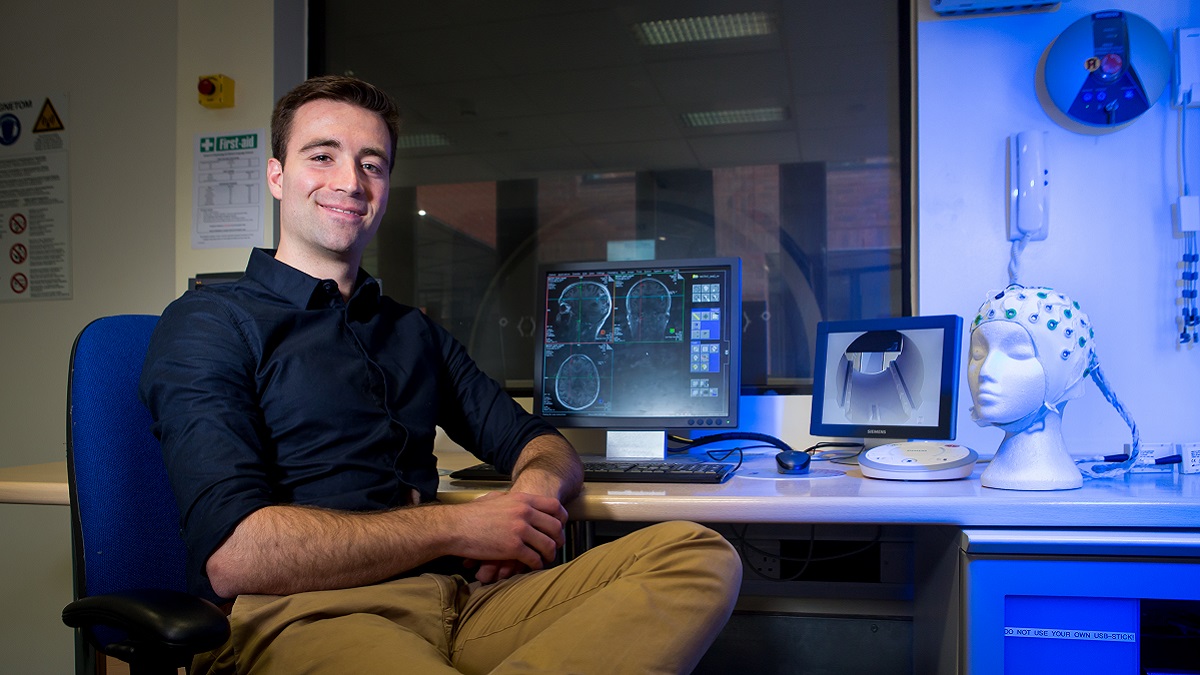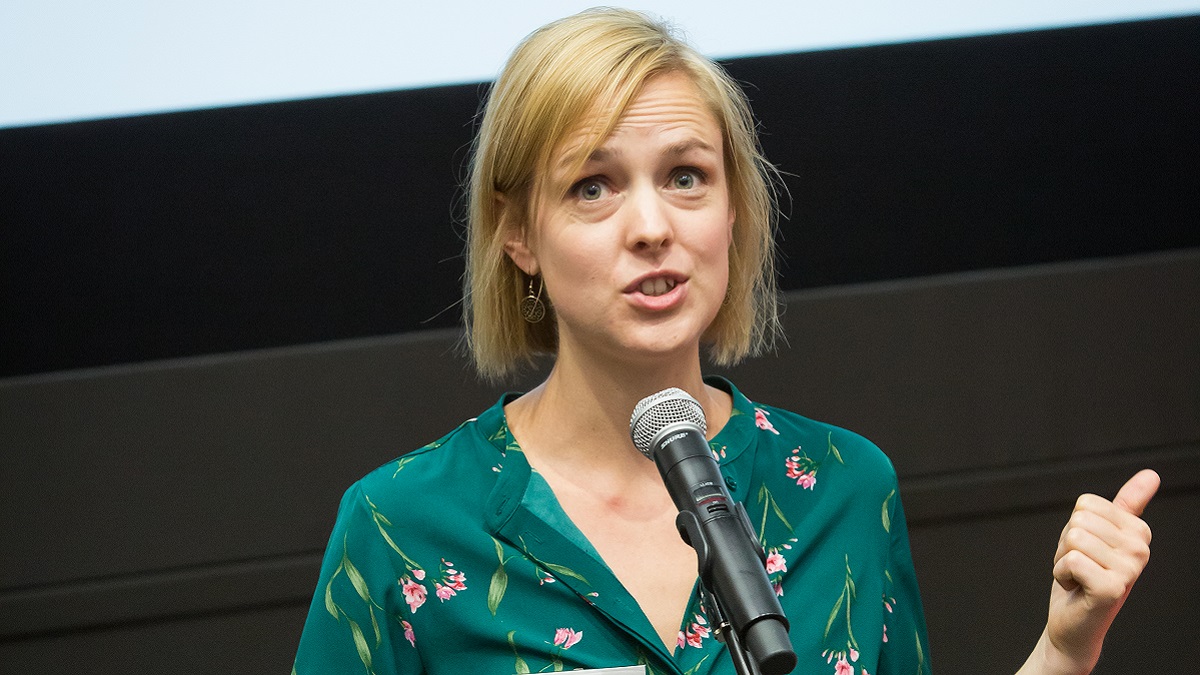
Vincent’s research project examines the effects of bilingualism on brain structure, function and cognition, and spans psychology and clinical language sciences. He was a finalist for the PhD Researcher of the Year award in 2018.
“My research is at a cross-section of neuroscience, linguistics and psychology. I study the various neural and cognitive impacts of learning and using an additional language, and how these impacts change the structure, function and cognitive processes of the brain in a lifetime.
Bilingualism is a dynamic and varied experience with many factors that affect its related neural and cognitive outcomes. Vincent’s research is attempting to find out specifically what it is about learning and using an additional language that has these particular effects on the brain.
Vincent undertook a variety of scans on bilingual participants to examine different aspects of both their brain structure/connectivity and brain activity, both at rest and while completing a cognitive task.
“My research has shown that individual language experiences relate to both distinct and specific structural changes in the brain and also how it is used to handle cognitively demanding tasks.
"Moreover, the degree to which this adaptation takes place seems to be determined by the extent to which – or the amount of time – someone uses more than one language."




